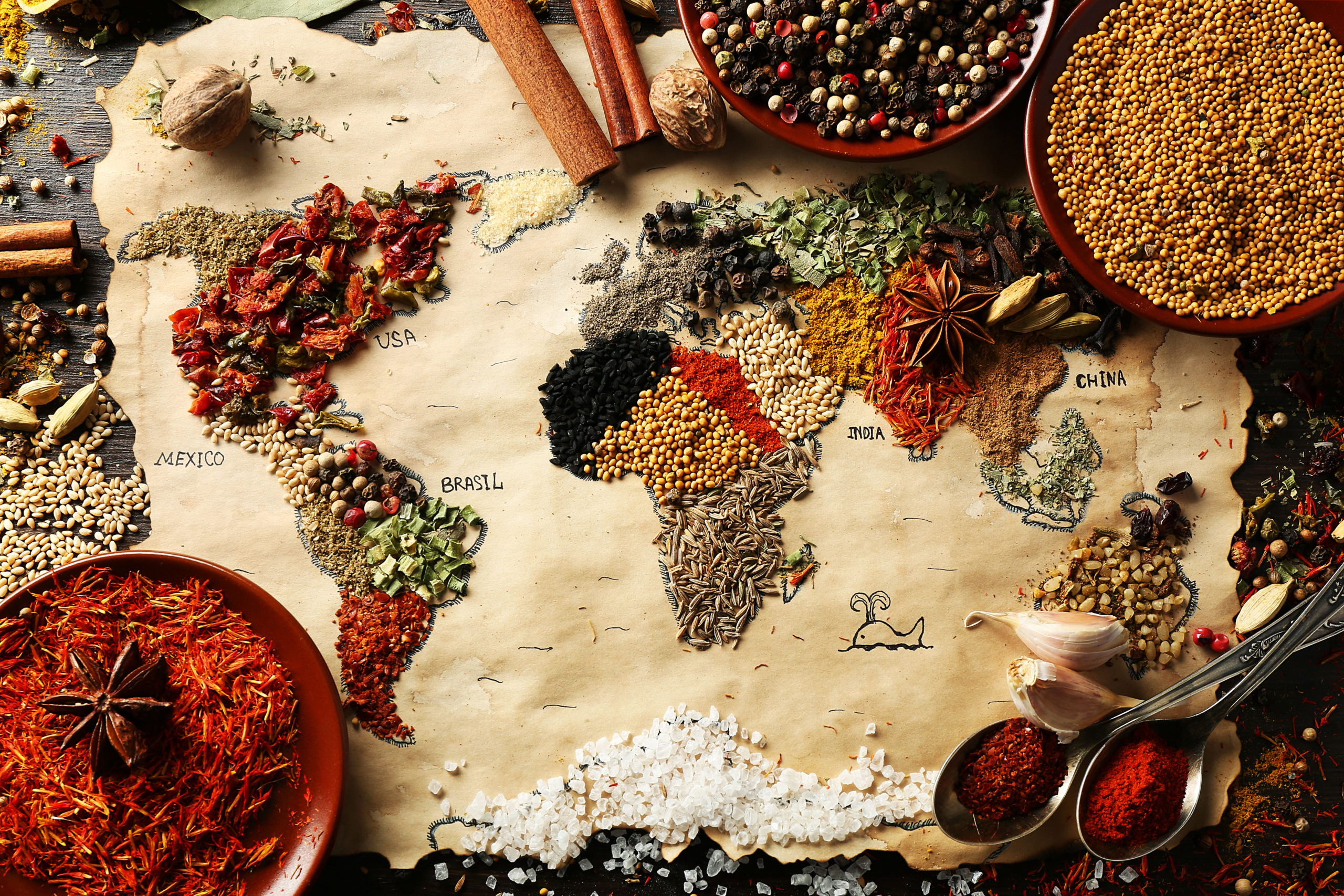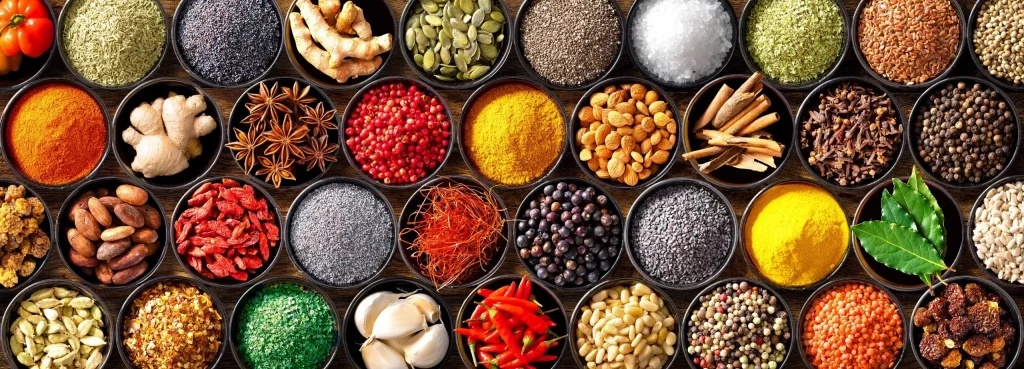The spice trade, one of the earliest forms of global commerce, has played a pivotal role in shaping the world as we know it. From ancient times to the age of exploration, the quest for spices like pepper, cinnamon, and nutmeg spurred international trade, exploration, and even conquest. Let’s delve into how these aromatic commodities influenced global trade and politics.
The Beginnings of the Spice Trade
The spice trade dates back to ancient civilizations, with Arab traders initially controlling the trade routes. They transported spices from India and the East Indies to the Mediterranean and Europe, keeping the source of these treasures a secret. In these early times, spices were prized not only for their flavor but also for their use in medicine, religious rituals, and as preservatives.
The Lure of Spices
In Medieval Europe, spices were highly coveted, symbolizing wealth and status. They were incredibly expensive, owing to the long and perilous journey they had to undertake to reach European markets. This high value was not just because of their rarity but also due to their perceived medicinal properties and the prestige associated with exotic goods.
The Age of Exploration
The desire to find direct routes to the spice-rich East Indies was a primary motivator for the age of exploration. European explorers like Vasco da Gama and Christopher Columbus set sail to discover new routes to the spice lands. The successful sea route around the Cape of Good Hope to India, established by da Gama, marked the beginning of European dominance in the spice trade.
Impact on Global Trade and Politics
The spice trade led to the establishment of trading posts and colonies by European powers in Asia. The Portuguese, Dutch, French, and British established their presence in various parts of India, Indonesia, and other Asian territories. Control of the spice trade became a symbol of power, leading to intense rivalry and conflict among these European nations.
This competition for control of the spice trade routes and sources played a significant role in shaping the geopolitical landscape. It led to the rise of colonial empires and had lasting impacts on the economies and societies of both the colonizers and the colonized.
The Decline and Legacy
With the colonization of the New World and the eventual cultivation of spices outside their traditional growing areas, the monopoly over the spice trade began to decline. However, the legacy of the spice trade is still evident today. It paved the way for globalization, intercontinental trade, and cultural exchanges that have irrevocably changed the world.
Conclusion
The history of the spice trade is a testament to the profound impact that a seemingly simple commodity can have on the course of human history. It fueled exploration, conquest, and rivalry, ultimately weaving the diverse tapestry of global culture, economy, and politics. The story of spices is a reminder of how interconnected our world has been for centuries, bound together by the aromatic allure of these exotic treasures. 🌍💨🚢🌿🌐🛤️🎢🏰🌌


